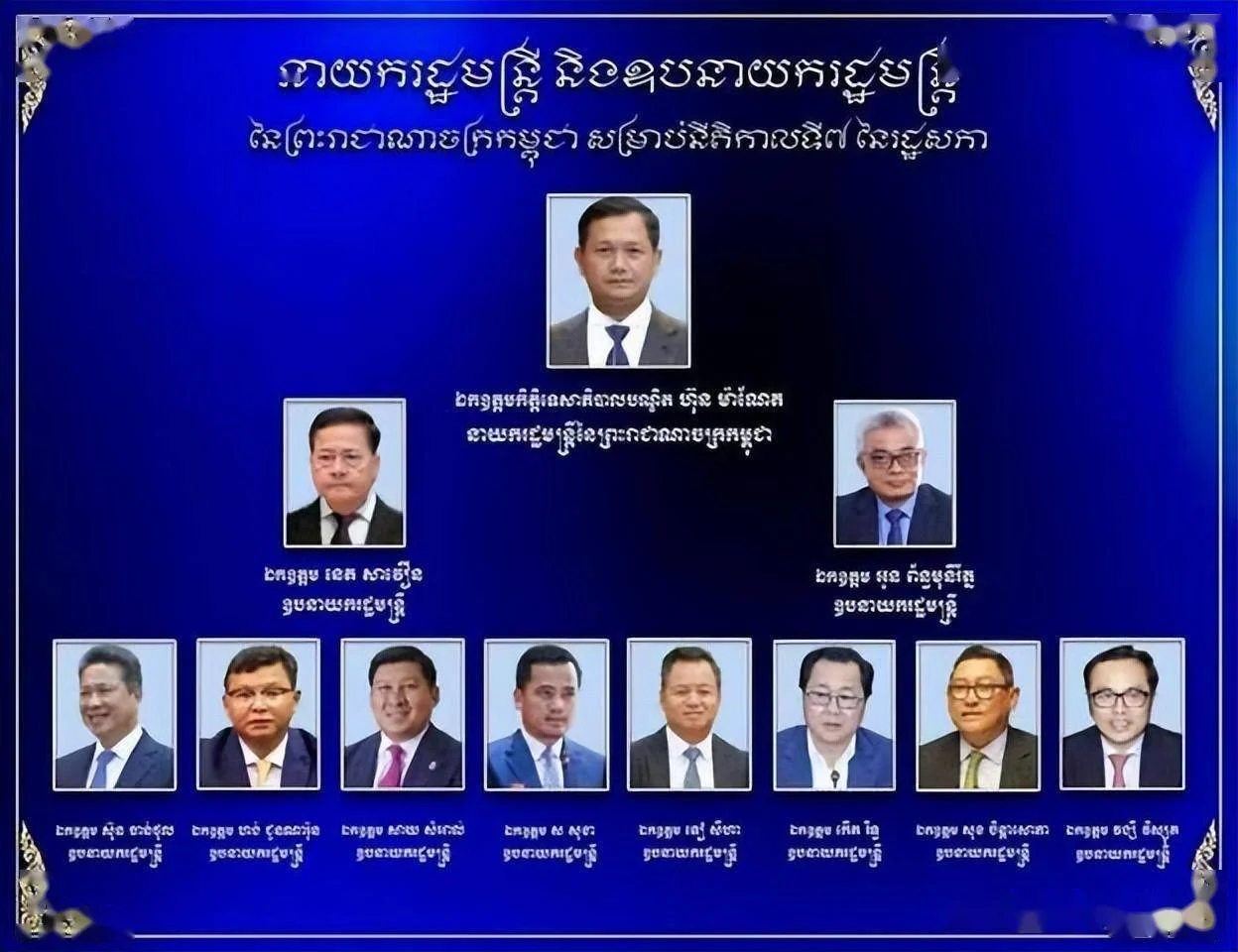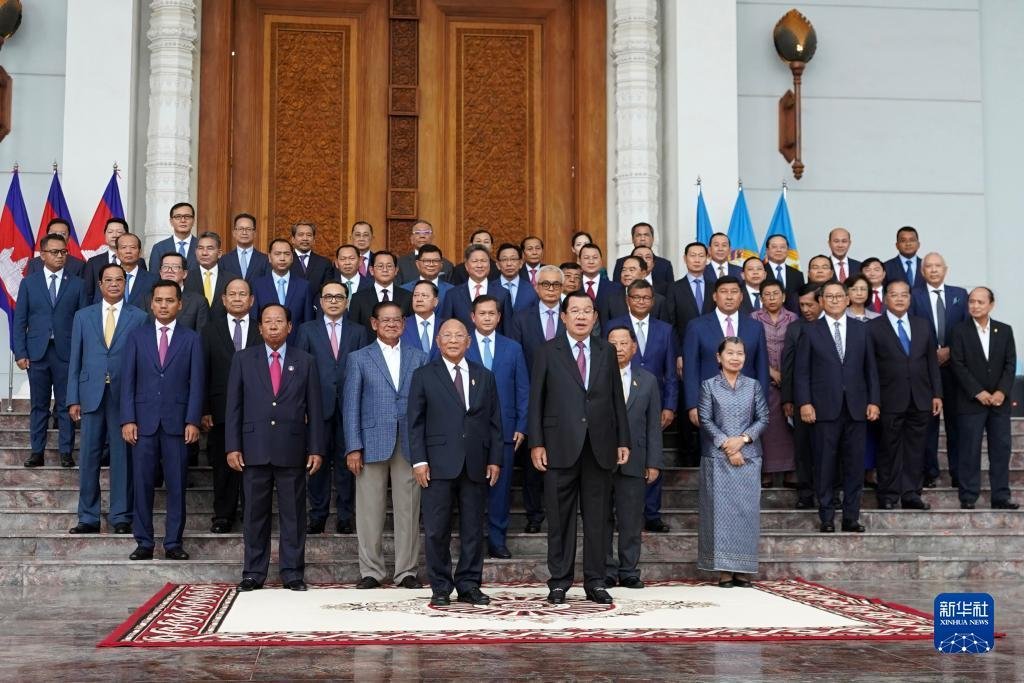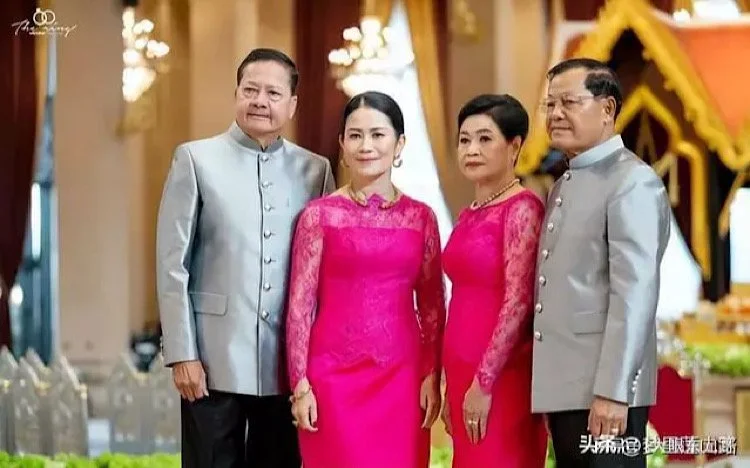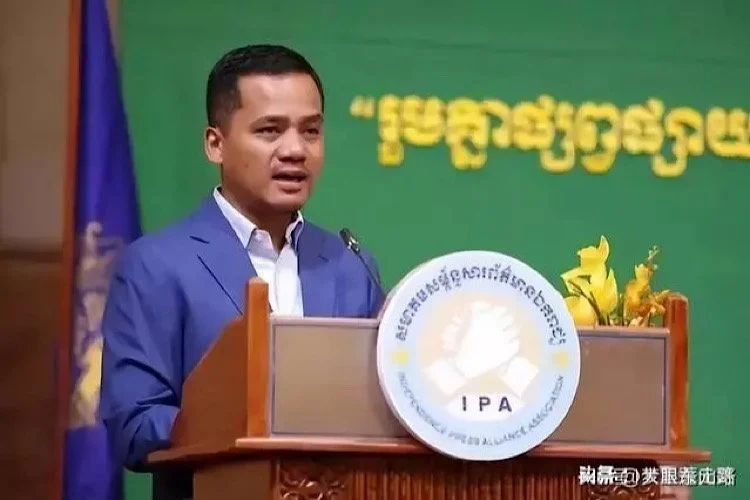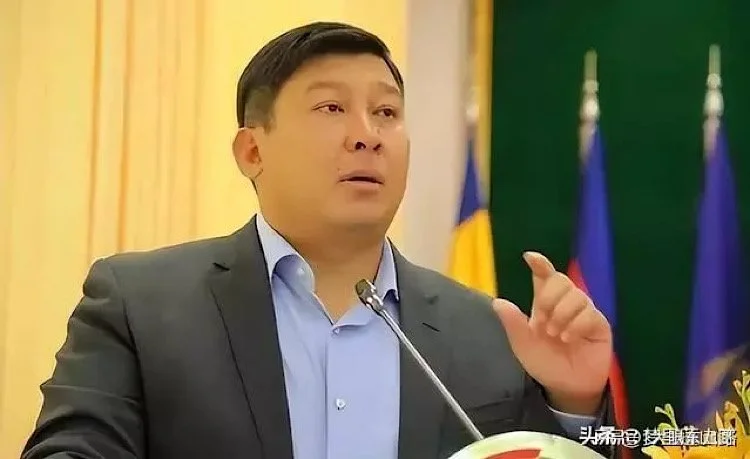Reflections on the negative public opinion of the international community in the Cambodian general election
Justin Lee
Hun Sen's charge of Cambodia government in the past 40 years have ended, and the new general election results have aroused strong repercussions from the international community and the media. According to the news from different agencies, the children and relatives of some of the previous leaders have become the leaders of the new ruling party. For example, the new Prime Minister Hong Manai is the son of the previous Prime Minister Hun Sen.The new Deputy Prime Minister Neshawin is the husband of niece of the previous Prime Minister Hun Sen.
The new Deputy Prime Minister Dixiha is the son of the previous Deputy Prime Minister Diban. The new Deputy Prime Minister Seson'an is the son of the previous Deputy Prime Minister Sai Chong, and the new Deputy Prime Minister Su Suka is the son of the previous Deputy Prime Minister Su Qing. The election results in Cambodia have aroused a strong response from the international community. The main focus is on the following aspects:
New Governments Cabinet of Cambodia
1. Concerns about democratic regression: Democratic countries and international organizations may express concern about the results of Cambodia's general election, believing that there are problems of political hereditary and concentration of power. They were worried about the negative impact on the democratic process in Cambodia and asked the Cambodian government to take more measures to strengthen the democratic system and human rights protection.
2. Questioning the fairness of the election: The International Observer Mission and human rights organizations have questioned the fairness of the general election in Cambodia, especially concerns about political hereditary, voter manipulation and other election fraud. They called for an independent investigation to ensure the legitimacy of the election results.
Hun Sen is meeting with Both of the New and Old Cabinets
3. Sanctions: Some countries may take sanctions in response to Cambodia's election results. These sanctions may include restricting economic, political and diplomatic relations with the Cambodian government to pressure the Cambodian government to improve the democratic and human rights situation.
4. Concerns about human rights and freedom of speech: The results of the election may raise concerns about human rights and freedom of expression in Cambodia. The international community may call on the Cambodian government to respect and protect human rights, including freedom of speech, media and civil society.
Couple of Hun Sen and Couple of his Niece
In the light of the results of this election, there are reasons to be suspicious of the fairness of the election and there are reasons to be suspicious of the possible use of unfair tactics by the Hun Sen government.
.....
However, on the other hand, Cambodia's general election was elected from nearly 10 million national voters, and these votes used fingerprints and special ink. It is said that Indian ink merchants made a profit of nearly one million dollars from the sale of ink in the election. At the same time, all members of the cabinet, including Prime Minister Hun Sen, also held a public vote at the designated site. At least from the appearance of the procedures,the strict voting regulations can be compared with that of developed countries in the world. So, from the reverse perspective, how should we view the results of this general election?
Susuka, the son of Su Qing
1. Political hereditary is not uncommon in many cultures and communities, some of which are designed to maintain the strength and influence of a particular family or group. If these newly elected leaders are direct relatives of the previous leader, it may indicate that there is a certain political hereditary phenomenon in Cambodian politics.
2. Even so, if all elections are conducted according to a legal and fair electoral process, and most voters choose to understand and accept this phenomenon, it may reflect the tolerance or acceptance of Cambodian society for this political hereditary.
3. It must be noted that no matter what form of election, transparency, fairness and fairness are always the most important. Only in this way can the public trust its results and accept its legitimacy. Voting through fingerprints and special ink may be a means to enhance the security and fairness of the election.
Sai Song An, The son of Sai Chong
4. On the other hand, if newly elected leaders must go through "citizen choice", then they must be responsible to the public. If they can fulfill their promises, do their jobs well and promote social progress, then their elections may be in line with the expectations of the public. However, if they are unable to perform these duties, it may lead to public dissatisfaction and protest.
Finally, the actual situation of elections in Cambodia needs to be supported by more updated data, and the above view is only a possible interpretation of the moderator.

